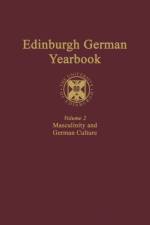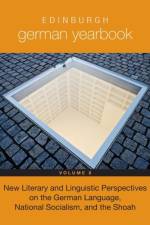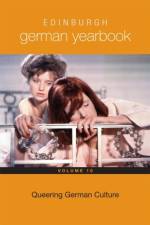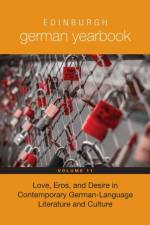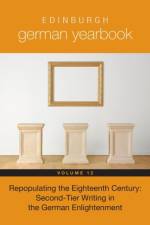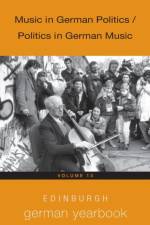av Michael Wood
1 727
In essays that examine particular non-canonical works and writers in their wider cultural context, this volume "e;repopulates"e; the German Enlightenment.German literature and thought flourished in the eighteenth century, when a culture considered a European backwater came to assert worldwide significance. This was an age in which repeated attempts to reform German literary and philosophical culture were made - often only to be overtaken within a few decades. It ushered in generations of exceptionally gifted poets and thinkers including Klopstock, Lessing, Goethe, Kant, and Schiller, whose names still dominate our understanding of the German Enlightenment. Yet the period also brought with it new means of accessing and disseminating culture and a rapid increase in cultural production. The leading lights of eighteenth-century German culture operated against the backdrop of a yet more diverse and vivid cast of literary and philosophical figures since consigned to the second tier of German culture. Through essays that examine particular non-canonical works and writers in their wider cultural context, this collection repopulates the German Enlightenment with these largely forgotten movements, writers, and literary circles. It offers new insights into the development of genres such as thenovel, the fable, and the historical drama, and assesses the dynamics that led to individual authors, circles, and schools of thought being left behind in their time and passed over or inadequately understood to this day.Contributors: Johannes Birgfeld, Stephanie Blum, Julia Bohnengel, Kristin Eichhorn, Sarah Vandegrift Eldridge, Jonathan Blake Fine, J. C. Lees, Leonard von Morze, Ellen Pilsworth, Joanna Raisbeck, Ritchie Robertson, Michael Wood. Michael Wood is British Academy Postdoctoral Fellow in German at the University of Edinburgh. Johannes Birgfeld teaches Modern German Literature at the University of the Saarland.

